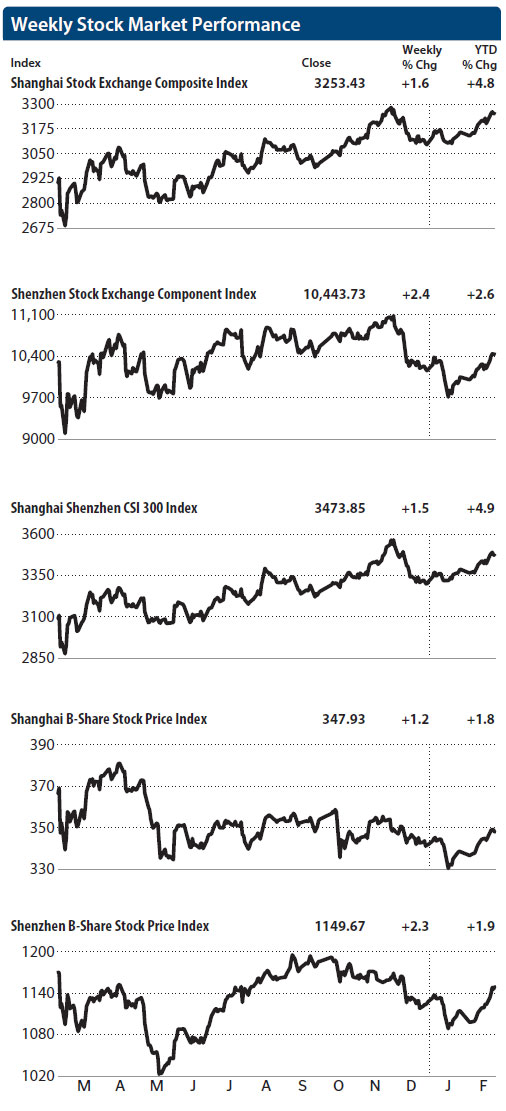New Third Board companies get a push to ChiNext
By Cai Xiao (China Daily) Updated: 2017-02-27 07:43China is encouraging companies listed on the New Third Board to go public via the ChiNext board, although there may be difficulties in implementation, said experts.
The National Equities Exchange and Quotations, or the New Third Board, is China's third national equity exchange. It is popular among micro-, small- and medium-sized companies. As at Feb 21, 10,675 companies were listed on it.
Liu Shiyu, chairman of the China Securities Regulatory Commission, said in February that the New Third Board should play the role as "soil" and "nursery" to help qualified companies listed on the board to go public on the A-share market.
The Shenzhen Stock Exchange said in the same month following Liu's speech that it would deepen the reform of ChiNext board - a NASDAQ-style board of the Shenzhen Stock Exchange - and positively promote the pilot program of the qualified New Third Board-listed companies going public via the ChiNext board.
Zhu Haibin, New Third Board chief analyst at Essence Securities Co Ltd, said: "The pilot program is important for perfecting the construction of China's multi-level capital market. The New Third Board used to only receive companies delisting from the A-share market, and now it can help companies listed on the board to go public via Shanghai and Shenzhen bourses."
But Zhu said the system design is still difficult for New Third Board-listed companies going public at the A-share market. It is also a challenge for them to be treated as equals to those already lining up for IPO approval.
By Feb 9, there were 718 companies applying for IPO examination and approval, CSRC data show.
"But it is cheering that Chairman Liu Shiyu made a speech in February to solve the problem of a long queue for mainland IPO approvals within three years," said Zhu.
A source close to the NEEQ who declined to be named told China Daily that it was challenging for the New Third Board-listed companies to disperse shareholding if they want to relist.
The source said: "The average shareholder number of the New Third Board-listed companies is only a few dozens, which is far lower than that of the A-share listed companies."
The source said it was also unclear whether the New Third Board-listed companies should meet current stock exchange listing requirements.
Hu Xiaohui, chief strategist at LC Securities, however, showed confidence in the implementation of the New Third Board-listed companies relisting via the A-share market.
Hu said: "As long as the problem of a long queue for IPO approvals is solved, the implementation can be smooth."
"I expect the total IPO amount this year will be far more than last year benefiting from the New Third Board-listed companies' relisting."
caixiao@chinadaily.com.cn

- 'Cooperation is complementary'
- Worldwide manhunt nets 50th fugitive
- China-Japan meet seeks cooperation
- Agency ensuring natural gas supply
- Global manhunt sees China catch its 50th fugitive
- Call for 'Red Boat Spirit' a noble goal, official says
- China 'open to world' of foreign talent
- Free trade studies agreed on as Li meets with Canadian PM Trudeau
- Emojis on austerity rules from top anti-graft authority go viral
- Xi: All aboard internet express











